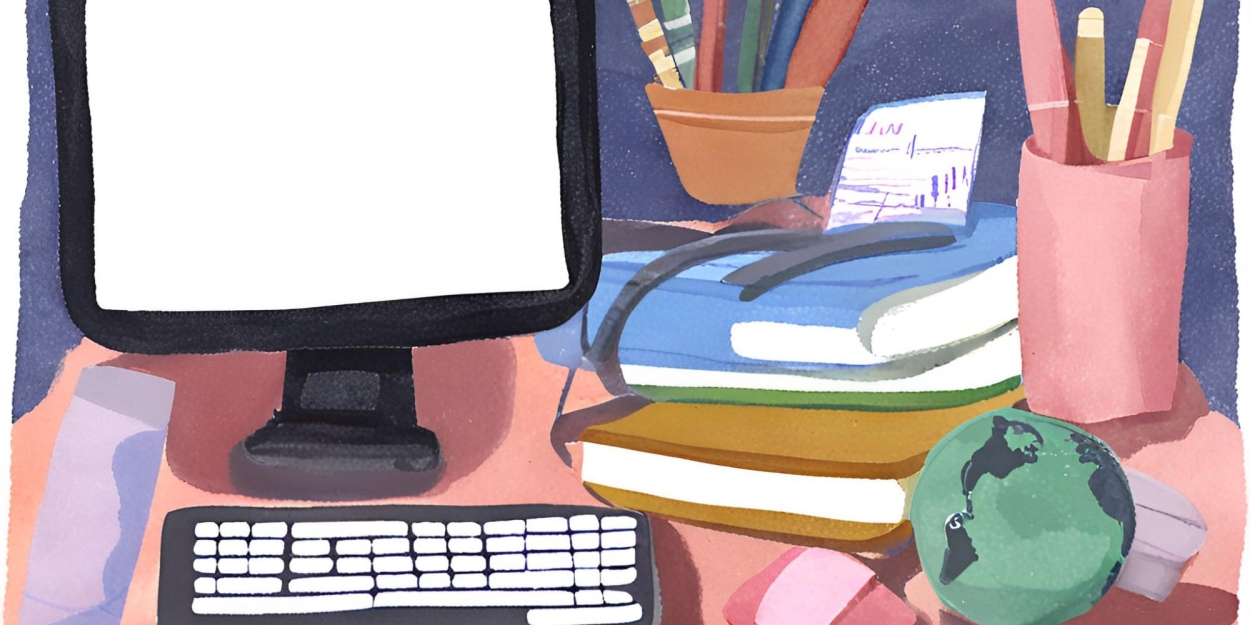Student Blog: Academic Integrity: You Owe It to Yourself
Navigating academic integrity is tough because the line can be a little blurry. Here are my thoughts on how to approach this engima.

"Cheating in academics is only cheating yourself of your potential." This is something most have probably grown numb to (including myself) whether or not you actually cheat. It is so easy these days to throw an essay prompt or a test question into ChatGPT and see immediate gratification. Your peers and parents are always one call or text away, too. However, the only person academic dishonesty actually affects is you. Your university or mentors may attempt to stop you from cheating, but in the end, they cannot always be on top of it. So, here are my unsolicited thoughts on academic integrity.
To begin, I would start by looking at what academic integrity means to you. For some, it may mean using ChatGPT or the internet to offer an outline or thoughts, but ultimately you write the essay. I, however, prefer a more strict understanding: academic integrity means completely doing your own work and all other resources must be cited. I decided this in my college writing class when our professor offered to have a conversation with everyone about the rise in AI. We all agreed that the use of AI is inevitable (just like a calculator), but we must be intentional about how we use it. So (after consulting your university guidelines!), decide what academic integrity looks like to you.
As previously mentioned, truly the only person you are cheating concerning academic dishonesty is yourself. It may be easy to write off classes as "boring" or "useless", but recognizing this and learning how to make them interesting is a life skill in itself. I took a literature class this semester that demanded nearly one book read a week. The class had nothing to do with my major but instead fulfilled a GE requirement. It was a tough timeline and, quite frankly, it could have been easy to lie and say I had done the reading. However, I would have missed out on the incredible conversations with my professor and other students and proving to myself I could balance the workload. I also would have kicked myself when writing the essays later on that required a deep analysis of the novels. I would have missed out on the life-changing email my professor sent me at the end of the semester commenting on my work ethic and grace towards others in conversation. I do not think SparkNotes would have taught me any of those things and I would never have ended the semester as fulfilled as I am now.
The hard part about academic integrity is owning up to your missteps and disappointments. It would be so much easier to say, "I got a C on this assignment, but hey, at least I didn't get caught using AI" or to blame your peer for not looking up the right test question on Google. I just do not find it feels as good that way. I have found I would much rather accept a poor grade and take it as an area of improvement instead of finding another source to blame for my incompetence. I may be getting too deep into it, but I have my goals and career to consider, so I do not think anything can be too deep.
As I said, AI is becoming more widespread and your peers have always been there to assist you with cheating. I am still learning where I can learn to accept AI in academics, but I am proud of my authenticity when it comes to academics. I, in no way, mean to criticize anyone's boundaries regarding academic integrity, but it is always interesting to hear different perspectives!
Comments
Videos


